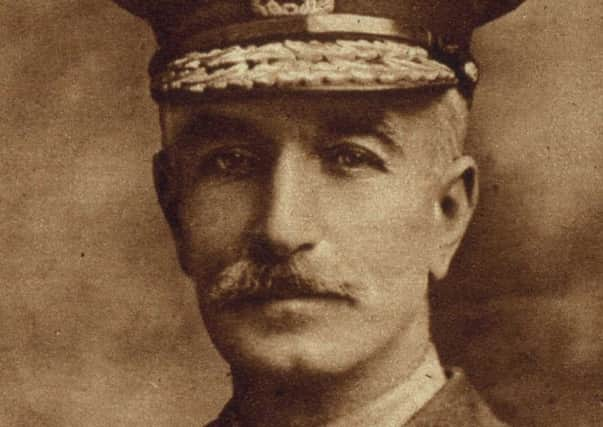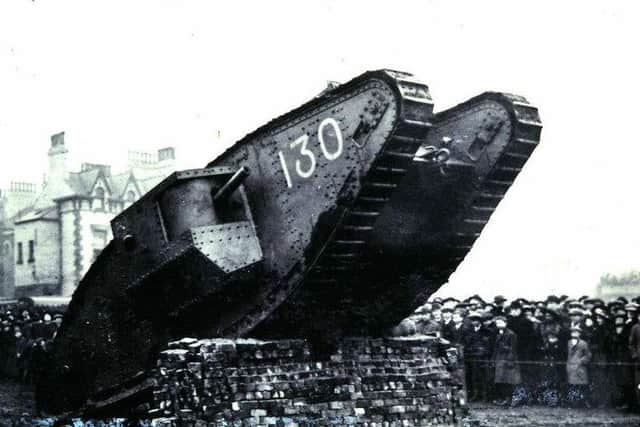Hartlepool soldier played key role in securing wartime surrender


Lieutenant-General Sir William Raine Marshall, the younger son of a Stranton solicitor, went on to accept the surrender of the Ottoman army at Mosul in 1918.
“He had previously given brilliant service with the Malakand frontier force and mounted infantry in South Africa, where he was twice wounded,” said historian Norman Kirtlan.
Advertisement
Hide AdAdvertisement
Hide Ad

“But it was as a wartime commander in both Mesopotamia and Gallipoli that he was best remembered following his death, from heart failure, in 1939.”
William, son of William Marshall and his wife Elizabeth Raine, was born at Stranton in October 1865 and was sent to Repton School, Derbyshire, as a young boy.
After completing his education at the Royal Military College, Sandhurst, he received a commission into the Sherwood Foresters infantry regiment in 1886.
“William served in India, as well as on the North West Frontier and Tirah expedition, before fighting in the Second Boer War,” said Norman.
Advertisement
Hide AdAdvertisement
Hide Ad

“Then, once World War One was declared, he became the commanding officer of 1st Battalion Sherwood Foresters on the Western Front between 1914-15.
“He later commanded 87th Infantry Brigade of the 29th Division and went to Gallipoli with them on April 25, 1915 – being wounded during the landing at X beach.”
William received promotion to Major-General during the mission and a series of command posts followed, including 42nd (East Lancs) and 53rd (Welsh) divisions.
From there he was posted to Salonika with 27th Division, followed by a stint with III (Indian) Corps on the Mesopotamian Front - a Middle Eastern theatre of war.
Advertisement
Hide AdAdvertisement
Hide Ad“While commanding III Corps Marshall helped capture Kut-al-Amara in February 1917. Just a month later he took part in the capture of Baghdad,” said Norman.
“When Commander-in-Chief Sir Frederick Maude died in Baghdad later that year from cholera, Marshall was appointed as his replacement.
“And it was as Commander-in-Chief that Marshall accepted the surrender of the Ottoman army in October 1918.”
William went on to be appointed as Commander-in-Chief, Southern Command of India, in 1919 and retired in 1924. He died at Bagnoles de L’Orne, France, on May 25, 1939.
Advertisement
Hide AdAdvertisement
Hide Ad“He left £15,392 in his will, the equivalent to around £2million today, which went to his widow Dame Emma Marshall, of Lewell Lodge, Dorchester,” said Norman.
l Do you have any famous family roots? Email [email protected]